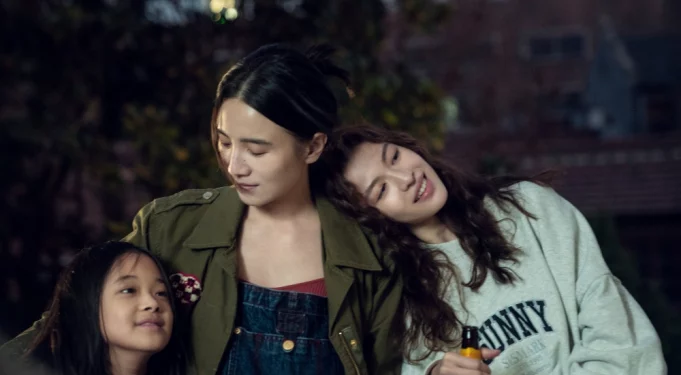Interesting information about the current state of women in China is trickling down despite Chinese authorities’ efforts to put facts in a veil of secrecy. Three films this winter have clicked at the box office for their careful, cautious handling of feminine issues. These celluloid portrayals of the plight of women in China are being regarded as a reflection of the reality prevailing in the country. The response the films have evoked from women audiences, as reports suggest, in hundreds of thousands is also a pointer to the fact that all is not well for women in China.
Of these, ‘Her Story’ – a hit comedy – has received such rave reviews that in a way it proves the film has struck a chord with Chinese women. The film celebrates female friendships and showcases misogyny perpetrated by the male population in general. Just about a year back, China’s President Xi Jinping told the national women’s congress that the Communist party must “actively foster a new type of marriage and childbearing culture.” This is believed to be a restatement of putting women in their place. Such a view is not an exaggeration since there has not been a single woman on the 24-strong Politburo for the past two years. In fact, no woman has ever found a place in its standing committee, China’s most senior political body. Activism on women’s issues, as in other areas, has virtually been snuffed out.
But, whatever the political ground reality, the unexpected success of the low-budget comedy ‘Her Story’ shows that feminism has gone mainstream in China. It has already topped the Chinese box office. Some have compared it to the recent Hollywood blockbuster Barbie, despite its shoe-string budget. Both films use a lighter vein to mask the real intent of exposing the plight of women. Her Story deals with issues such as pornography, consent, menstruation and single motherhood. While female strangers in the film display kindness towards each other, male characters are shown to be indifferent and busy proving their manliness in a crude, unsympathetic manner. The film refers to a book on Japanese feminist, Ueno, that has become a bestseller in China in recent times. The very mention of it caused such boisterous response from women viewers that China watchers believe women in China are slowly shaking off their hesitation to make public their anger at the way they are treated in the Communist system.
Another film – The Unseen Sister – that has been well received by the Chinese female audience, touches on issues of childhood abuse, sexual harassment and assault in the entertainment industry. It appears entertainment is being used in China to address sensitive issues as they come wrapped in drama and maybe more appetising for the unconverted. Production companies seem to be realising that young, financially independent women are a lucrative market. Other recent hits include ‘Yolo’, about a reclusive woman who reinvents herself as a boxer, and ‘Like a Rolling Stone’, inspired by the real-life story of a middle-aged woman who left behind her unhappy marriage to embark on an epic road trip.
In the early 2010s, Chinese feminists were up in arms against issues ranging from domestic violence to unfair university admission procedures and the lack of facilities for women. However, a crackdown in 2015 led to the detention of the ‘Feminist Five’ for planning to protest against sexual harassment on public transport. The Feminist Five is a group of five women who were arrested in Beijing on 6 March, 2015 for planning a protest against sexual harassment on public transportation. Li Maizi, Wu Rongrong, Zheng Churan, Wei Tingting and Wang Man were detained for 37 days after planning to hand out sexual harassment stickers on the subway ahead of the International Women’s Day. They were released on bail on 13 April 2015 following global protests. In 2018, there was a second spurt in feminine activism inspired by the #MeToo movement, seen on campuses and elsewhere. But courts and censors stifled it and one of its key figures, journalist Sophia Huang Xueqin, was jailed for five years in a verdict a few months back.
The fact that such repressive measures have not been able to crush the spirit of women and sympathetic film directors is now becoming increasingly evident from the way creative mediums like films are chosen as a means to ventilate grievances.






































